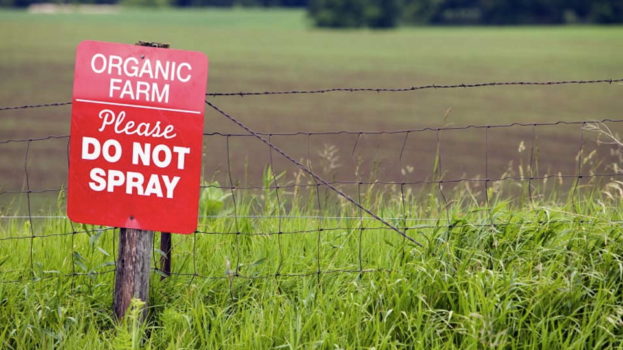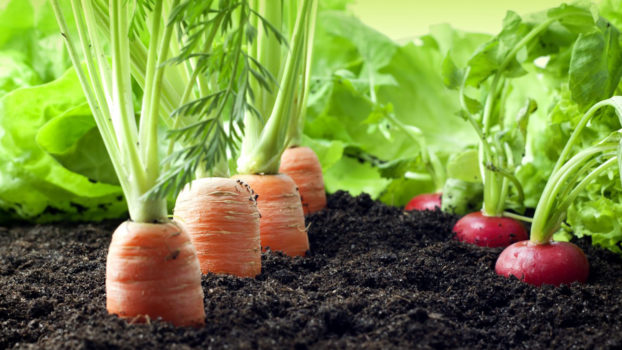
A lecturer at the Agriculture faculty of the Kwame Nkrumah University of Science and Technology (KNUST) is encouraging a drift towards organic farming in Ghana.
He concedes that not every farmer can afford to run an organic farm. “Neither can every Ghanaian afford organic produce”, he admits but explains that the choice should be available and accessible to those who want it.
Prof. Simon Cudjoe Fialor who spoke to ghanagong.com’s Bernard Buachi explained that there is ready market all over the world for organic produce and hence a great business opening.
He says knowledge regarding organic foods is growing and people are becoming more aware. “People are opting for organic foods on health grounds”, he says.
He says however that organic products are expensive despite its relevance.
He wants farmers to consider venturing into organic farming especially for export while urging government to support organic farming to enable the nation benefit from organic farming and products.
He believes we will be punishing the environment less and less when we adopt organic farming collectively.

What is “Organic” farming?
Organic farming is a method of crop and livestock production that involves much more than choosing not to use pesticides, fertilizers, genetically modified organisms, antibiotics and growth hormones.
Organic production is a holistic system designed to optimize the productivity and fitness of diverse communities within the agro-ecosystem, including soil organisms, plants, livestock and people. The principal goal of organic production is to develop enterprises that are sustainable and harmonious with the environment.
The general principles of organic production, from the Canadian Organic Standards (2006), include the following:
protect the environment, minimize soil degradation and erosion, decrease pollution, optimize biological productivity and promote a sound state of health
maintain long-term soil fertility by optimizing conditions for biological activity within the soil
maintain biological diversity within the system
recycle materials and resources to the greatest extent possible within the enterprise
provide attentive care that promotes the health and meets the behavioural needs of livestock
prepare organic products, emphasizing careful processing, and handling methods in order to maintain the organic integrity and vital qualities of the products at all stages of production
rely on renewable resources in locally organized agricultural systems
Organic farming promotes the use of crop rotations and cover crops, and encourages balanced host/predator relationships. Organic residues and nutrients produced on the farm are recycled back to the soil. Cover crops and composted manure are used to maintain soil organic matter and fertility. Preventative insect and disease control methods are practiced, including crop rotation, improved genetics and resistant varieties. Integrated pest and weed management, and soil conservation systems are valuable tools on an organic farm. Organically approved pesticides include “natural” or other pest management products included in the Permitted Substances List (PSL) of the organic standards. The Permitted Substances List identifies substances permitted for use as a pesticides in organic agriculture. All grains, forages and protein supplements fed to livestock must be organically grown.
The organic standards generally prohibit products of genetic engineering and animal cloning, synthetic pesticides, synthetic fertilizers, sewage sludge, synthetic drugs, synthetic food processing aids and ingredients, and ionizing radiation. Prohibited products and practices must not be used on certified organic farms for at least three years prior to harvest of the certified organic products. Livestock must be raised organically and fed 100 per cent organic feed ingredients.
Organic farming presents many challenges. Some crops are more challenging than others to grow organically; however, nearly every commodity can be produced organically.
What is your thought on this issue? Please leave a comment and share the story to your friends and associates.